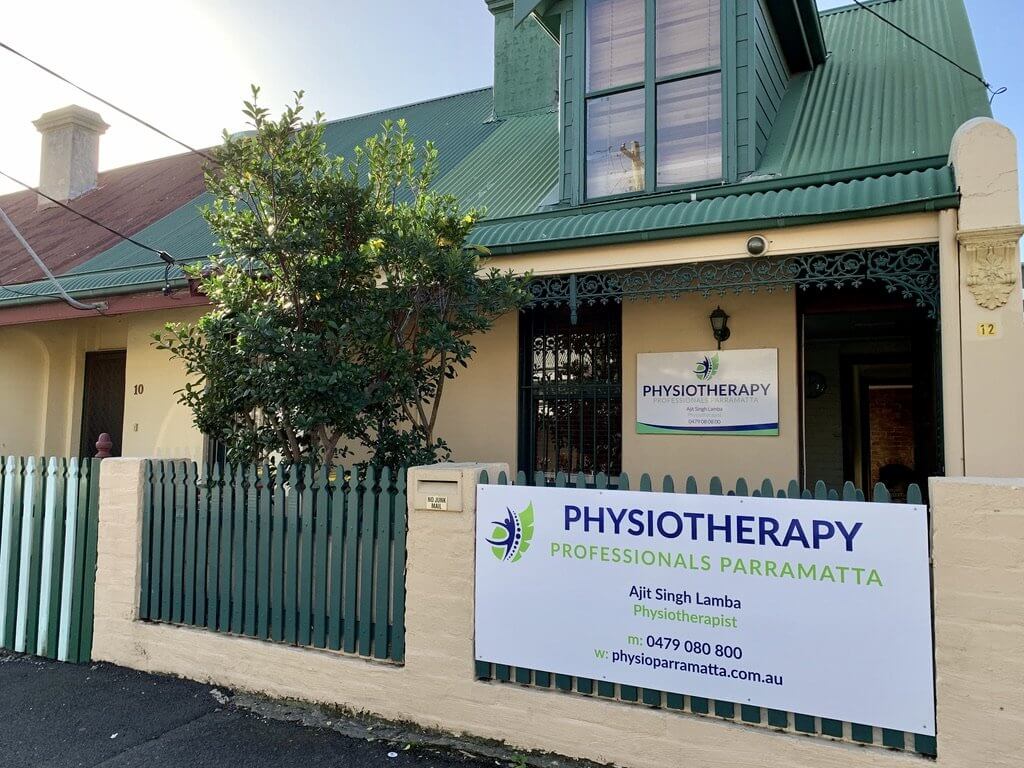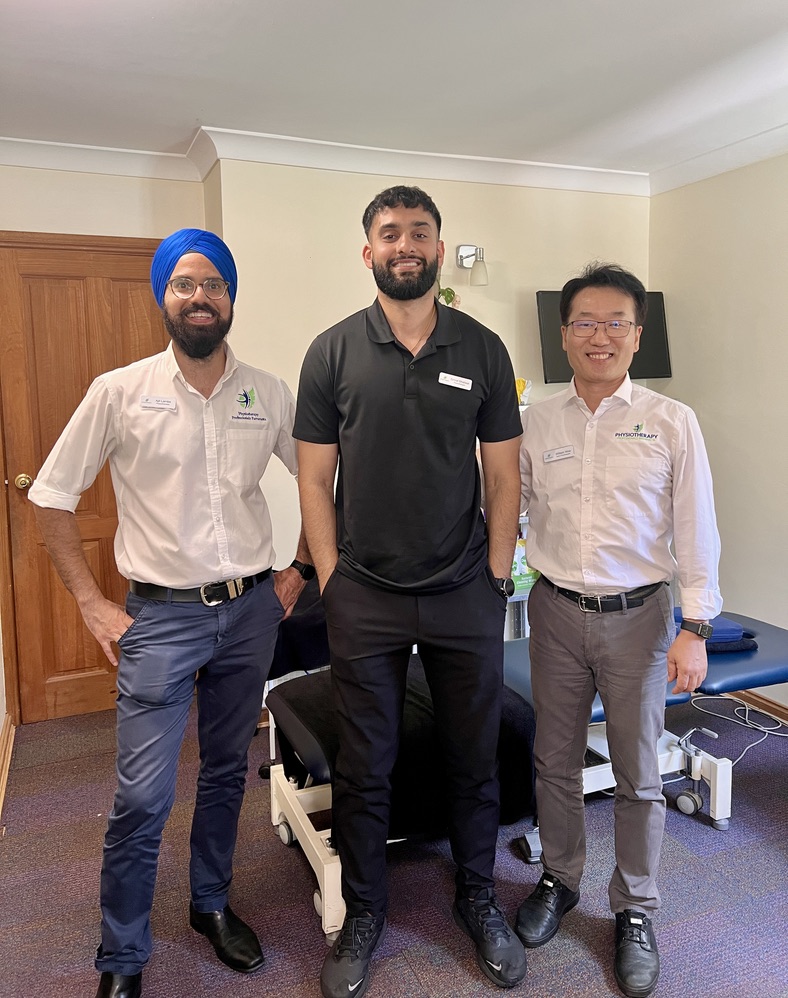Frozen Shoulder Treatment Parramatta

Frozen Shoulder Treatment Parramatta
Physiotherapy for Frozen Shoulder (adhesive capsulitis) is crucial in reducing shoulder pain and stiffness. We commonly see patients who have been misdiagnosed and or had incorrect frozen shoulder treatment resulting in significant shoulder pain and dysfunction.
Note: This page contains general information about frozen shoulder. Book an appointment with Physiotherapy Professionals Parramatta for an accurate diagnosis and frozen shoulder management in Parramatta.
What is Frozen Shoulder?
Frozen shoulder and adhesive capsulitis are terms often used to describe the condition. The condition involves an often unexplained and exaggerated inflammatory reaction of the shoulder capsule. Shoulder capsulitis is very painful when stretched (movement) or compressed (lying on it) and eventually thickens and contracts causing significant stiffness.
There are two types of frozen shoulder and three stages of progression for each. Frozen shoulder treatment needs to be directed towards the individual’s presentation.
Stages of Frozen Shoulder
Frozen shoulder slowly progresses through three different stages. The whole process can take any where from 6-24 months to fully resolve. The duration of each stage varies between individuals and with correct frozen shoulder management, it is likely to reduce symptoms and improve recovery.
Freezing:
The freezing stage involves excessive inflammation of the shoulder capsule known as shoulder capsulitis. It is considered the painful stage of frozen shoulder.
Frozen:
The frozen stage implies that the inflammation and pain has settled, however the shoulder capsule is left thickened and contracted. The shoulder is very stiff but there is minimal pain.
Thawing:
The frozen shoulder eventually ‘thaws’ as the shoulder heals and movement gradually returns to normal.
Causes of Frozen Shoulder:
There are two types of frozen shoulder or adhesive capsulitis. The cause of each and the correct frozen shoulder management for each are very different.
Ideopathic Frozen Shoulder (Adhesive Capsulitis):
Ideopathic frozen shoulder develops with no easily identifiable cause. Speculation exists around potential causes such as microtrauma to the shoulder capsule, systemic illness, hormonal changes or even stress. Ideopathic frozen shoulder commonly affects those in their 50’s but can occur in anyone between the ages of 40 and 60. Interestingly it affects the non-dominant arm more commonly than the dominant arm and females, smokers and diabetics more than their counterparts. Ideopathic frozen shoulder progresses slowly, taking up to 2.5 years to resolve.
Traumatic Frozen Shoulder (Adhesive Capsulitis)
Traumatic frozen shoulder can be attributed to surgery or trauma of the shoulder, which triggers an inflammatory reaction of the shoulder capsule. The reason for the exaggerated nature of shoulder capsulitis and why some are more affected than others remains unclear.
Traumatic frozen shoulder tends to resolve much faster than idiopathic frozen shoulder, usually between 12-18 months.
Symptoms:
Frozen shoulder symptoms differ between each stage of the condition. The symptoms of frozen shoulder overlap with other shoulder injuries, commonly leading to misdiagnosis in the early stages.
Freezing Stage:
- Gradual onset of shoulder pain when lying on the affected side and moving the shoulder in certain directions.
- Significant worsening of shoulder pain, becoming severe with movements overhead and behind the back.
- Significant painful loss of movement overhead, behind the back and out to the side.
- Night pain and inability to lie on the affected shoulder.
Frozen Stage:
- Significant restriction in shoulder movement without excessive pain.
Thawing Stage:
- Gradually resolving stiffness.
Frozen Shoulder Treatment
Freezing Stage:
- Short term rest from any movements that trigger shoulder pain
- Massage or dry needling for pain relief and muscle tension
- Taping of the shoulder for pain relief and improved function
- Gentle shoulder movement within your comfortable range when pain is under control
Frozen and Thawing Stages:
- Specific shoulder mobility and stretching exercises within comfortable limits
- Massage, dry needling and other manual therapy of the shoulder
- Correction of postural and shoulder blade abnormalities
Medical Treatment for Frozen Shoulder
Freezing Stage:
- Anti inflammatory medication to ease inflammation and pain
- Cortisone injection into the glenohumeral joint (shoulder joint) to ease inflammation and pain
Contact Us:

Do you need assistance with your injury? Experienced Physiotherapists with essential knowledge. You can call us anytime to have a confidential discussion with our expert Physiotherapists. For more information on how we can further assist you, please call our clinic number on 0479 080 800 or send us an email on [email protected] for further details. Our Physiotherapists are Medicare, NDIS, DVA and Work Cover approved, specialising in injury management and rehabilitation to get you back on track.
